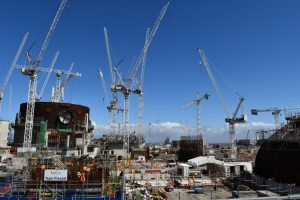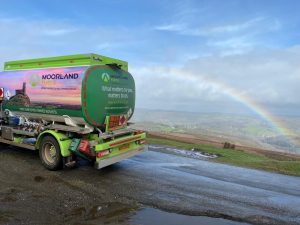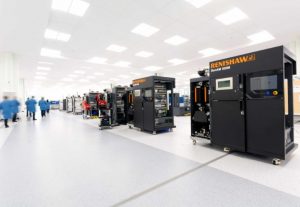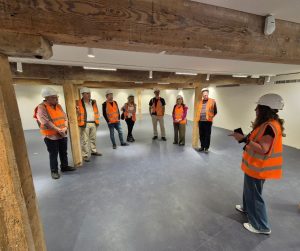Jobs axed as world-leading offshore wind and subsea tech firm enters administration
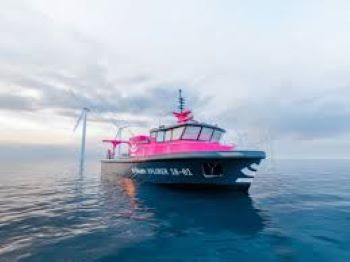
A South West subsea and offshore wind company has gone into administration with the loss of more than 160 jobs just eight months after unveiling plans to double its workforce.
Bristol-based Beam was formed last September through the merger of subsea pioneer Rovco and its spin-off Vaarst.
The two firms had been at the forefront of developing and deploying AI and autonomy-enabled services in the offshore wind sector, including revolutionising the way costly underwater repair, maintenance and inspection work is performed.
At the time of the merger their founder Brian Allen said they had a shared mission to help the sector become more reliable, efficient and cost-effective – so improving its commercial viability compared to oil and gas.
But the firm has now appointed David Shambrook and Damian Webb of RSM UK Restructuring Advisory as joint administrators after an unsuccessful equity raise.
The firm was also unable to complete an accelerated sale of its business and assets last month.
Some 162 of the 195 employees were made redundant following the appointment of the administrators, who are now exploring different options to maximise returns for creditors and preserve jobs for staff where possible.
Rovco was founded in 2016 with a mission to use technology for good and minimise the environmental impact of the offshore industry.
Three years later it successfully completed a £3.9m series A investment and secured contracts worth £10m over a 12-month period.
It launched sister company Vaarst in 2o21 to scale up its technologies for a wider market and the following year completed a series B fundraising of an undisclosed amount.
In 2023 Rovco appeared in the Deloitte Technology Fast 50.
When the two firms merged under the Beam brand last September it announced plans to create 200 new jobs over the year s it continued its global growth.
These would be made up of 50 in Bristol, 100 in its Edinburgh and Aberdeen offices, and 50 in locations across the world, including 25 in the US and 10 in Asia, Beam said.
Expansion would be based on developing industry-leading technological innovations that would increase efficiencies and reduce costs for survey and subsea work across all lifecycle stages, it added at the time.


